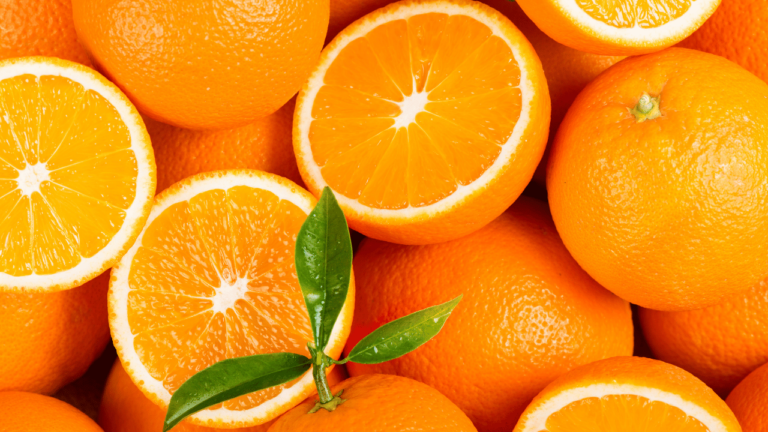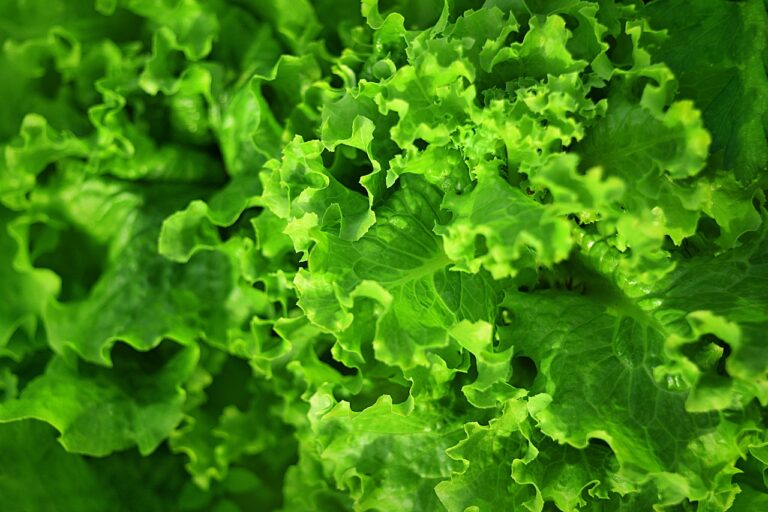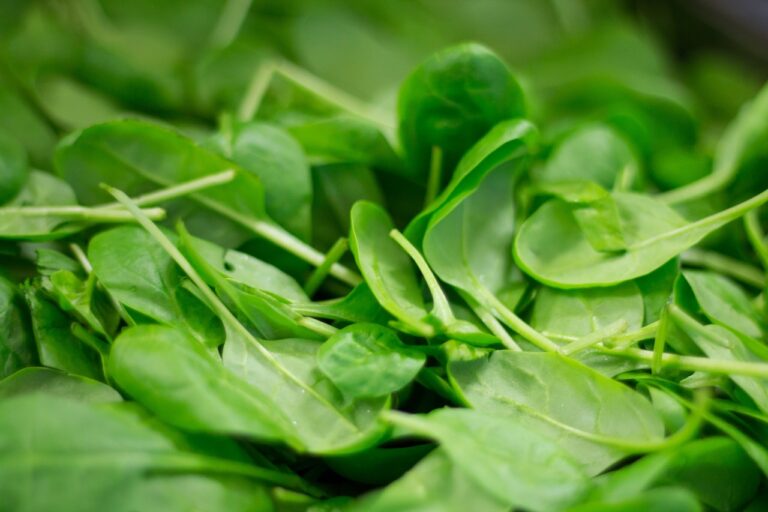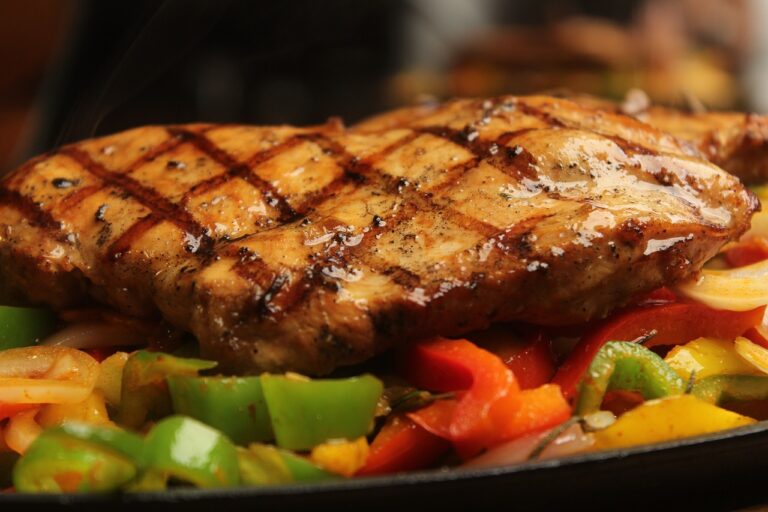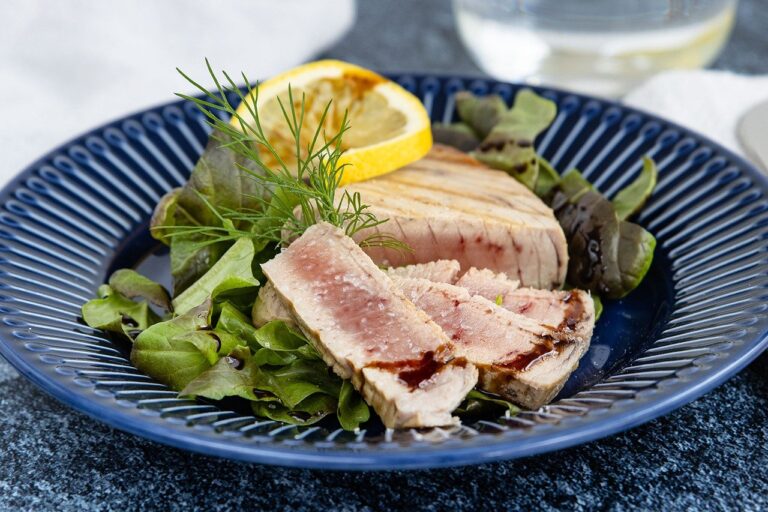10 Foods High In Fiber
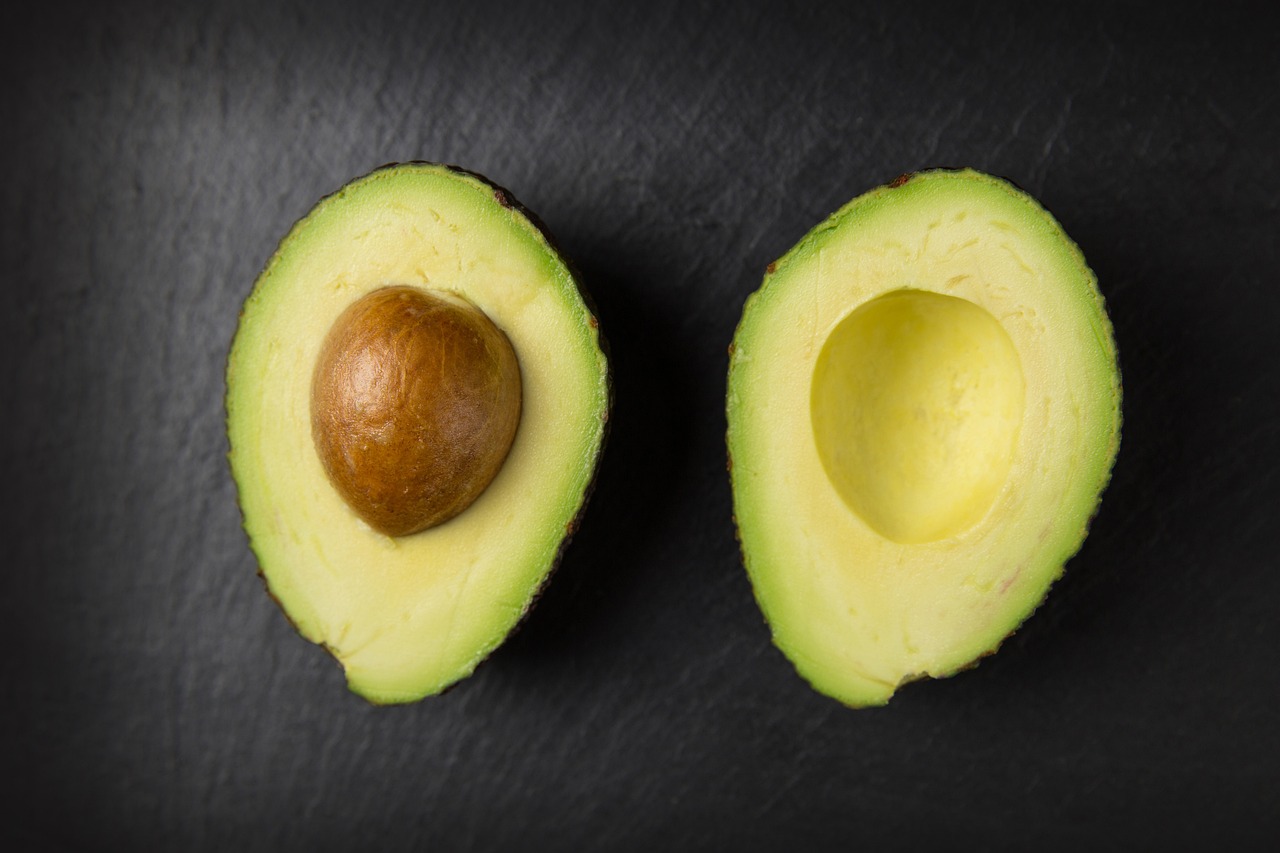
Fiber is a crucial component of a healthy diet, aiding digestion, preventing constipation, and lowering the risk of chronic diseases such as heart disease, type 2 diabetes, and certain cancers. Despite its importance, many people do not consume enough fiber in their daily diets. Incorporating fiber-rich foods can significantly improve overall health and well-being. Here, we explore ten foods high in fiber that can help you meet your dietary needs.
10 Foods High In Fiber
1. Beans
Beans, including black beans, kidney beans, and chickpeas, are among the best sources of dietary fiber. A single cup of cooked beans can provide up to 15 grams of fiber, which is more than half of the recommended daily intake for women and about 40% for men. They are also rich in protein, making them a fantastic meat substitute for vegetarians and vegans.
In addition to their high fiber content, beans are packed with essential nutrients such as iron, magnesium, and potassium. Regular consumption of beans can help regulate blood sugar levels, improve cholesterol profiles, and support weight management. Whether added to salads, soups, or casseroles, beans are a versatile and nutritious addition to any meal.
2. Lentils
Lentils are another excellent source of fiber, providing about 15.6 grams per cup when cooked. They are also rich in protein, folate, iron, and manganese, making them a highly nutritious food choice. Lentils come in various types, including green, brown, red, and black, each with a slightly different flavor and texture.
Incorporating lentils into your diet can support digestive health, stabilize blood sugar levels, and contribute to heart health by lowering cholesterol. They are easy to prepare and can be used in a variety of dishes, from soups and stews to salads and side dishes. Their ability to absorb flavors makes them a versatile ingredient in many cuisines around the world.
3. Avocados
Avocados are not only creamy and delicious but also incredibly high in fiber. One medium-sized avocado contains around 10 grams of fiber, which is about 40% of the daily recommended intake. They are also packed with healthy monounsaturated fats, which are beneficial for heart health.
Besides fiber, avocados are rich in vitamins C, E, K, and B-6, as well as folate, magnesium, and potassium. Their high nutrient density and versatility make them an excellent addition to various dishes, including salads, sandwiches, smoothies, and even desserts. Regular consumption of avocados can support digestive health, reduce inflammation, and promote healthy skin.
4. Chia Seeds
Chia seeds are a powerhouse of nutrition, offering a remarkable 10.6 grams of fiber per ounce (about two tablespoons). These tiny seeds expand in liquid to form a gel-like substance, which can help to keep you feeling full and satisfied. They are also an excellent source of omega-3 fatty acids, protein, and various micronutrients.
Including chia seeds in your diet can aid digestion, regulate blood sugar levels, and support heart health. They can be easily added to smoothies, yogurt, oatmeal, and baked goods, or used to make chia pudding. Their mild flavor and impressive nutritional profile make chia seeds a convenient way to boost your fiber intake.
5. Raspberries
Raspberries are not only delicious but also rich in fiber, with one cup providing about 8 grams. These vibrant berries are also packed with vitamins C and K, manganese, and antioxidants, which can help fight inflammation and protect against chronic diseases.
Eating raspberries regularly can improve digestive health, support weight management, and enhance skin health. They are a versatile fruit that can be enjoyed on their own, added to cereals and yogurt, blended into smoothies, or used in baking. Their high fiber and low calorie content make raspberries a great addition to a balanced diet.
6. Oats
Oats are well-known for their high fiber content, particularly a type of soluble fiber called beta-glucan. A cup of cooked oats provides about 4 grams of fiber. Beta-glucan is known for its ability to lower cholesterol levels, regulate blood sugar, and boost the immune system.
In addition to fiber, oats are a good source of protein, vitamins, and minerals such as manganese, phosphorus, magnesium, and iron. They are easy to prepare and can be used in a variety of dishes, from traditional oatmeal and overnight oats to smoothies and baked goods. Including oats in your diet can contribute to better heart health, improved digestion, and sustained energy levels.
7. Almonds
Almonds are a tasty and convenient snack that is high in fiber, with about 3.5 grams per ounce (about 23 almonds). They are also rich in healthy fats, protein, vitamin E, magnesium, and antioxidants. These nutrients work together to support overall health and well-being.
Regular consumption of almonds can improve digestive health, help manage weight, and reduce the risk of heart disease. They can be enjoyed on their own, added to salads and yogurt, or used in cooking and baking. Almonds are a versatile nut that can easily fit into a healthy diet, providing both fiber and essential nutrients.
8. Sweet Potatoes
Sweet potatoes are not only delicious but also high in fiber, with a medium-sized sweet potato providing about 4 grams. They are also an excellent source of vitamins A and C, manganese, and potassium. The high fiber and nutrient content make sweet potatoes a nutritious and filling food choice.
Eating sweet potatoes can support digestive health, boost the immune system, and improve vision and skin health. They can be prepared in various ways, including baking, boiling, mashing, or roasting. Whether served as a side dish or the main ingredient in a recipe, sweet potatoes are a versatile and nutritious addition to any meal.
9. Broccoli
Broccoli is a highly nutritious vegetable that is rich in fiber, with about 5 grams per cup when cooked. It is also packed with vitamins C and K, folate, potassium, and various antioxidants. These nutrients contribute to the numerous health benefits associated with broccoli consumption.
Incorporating broccoli into your diet can support digestive health, enhance the immune system, and reduce the risk of chronic diseases such as cancer. It can be enjoyed raw, steamed, roasted, or added to soups and stir-fries. The versatility and health benefits of broccoli make it a valuable addition to a balanced diet.
10. Pears
Pears are a sweet and juicy fruit that is high in fiber, with one medium-sized pear providing about 6 grams. They are also a good source of vitamins C and K, copper, and potassium. The combination of fiber and nutrients makes pears a healthy and satisfying choice.
Regular consumption of pears can improve digestive health, support weight management, and reduce the risk of chronic diseases. They can be enjoyed on their own, added to salads, or used in cooking and baking. Pears are a versatile fruit that can easily be incorporated into a healthy diet, providing both flavor and nutrition.

